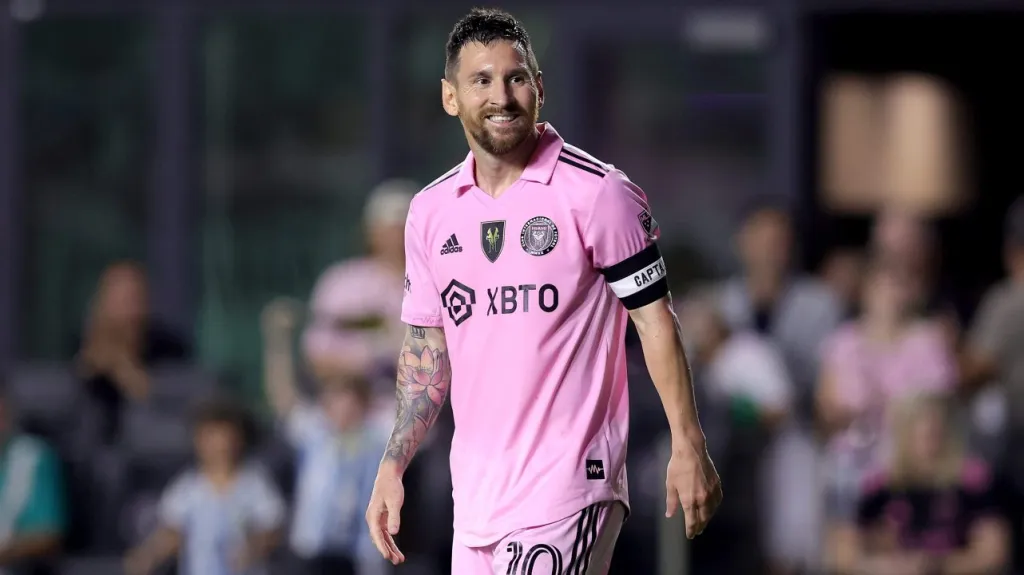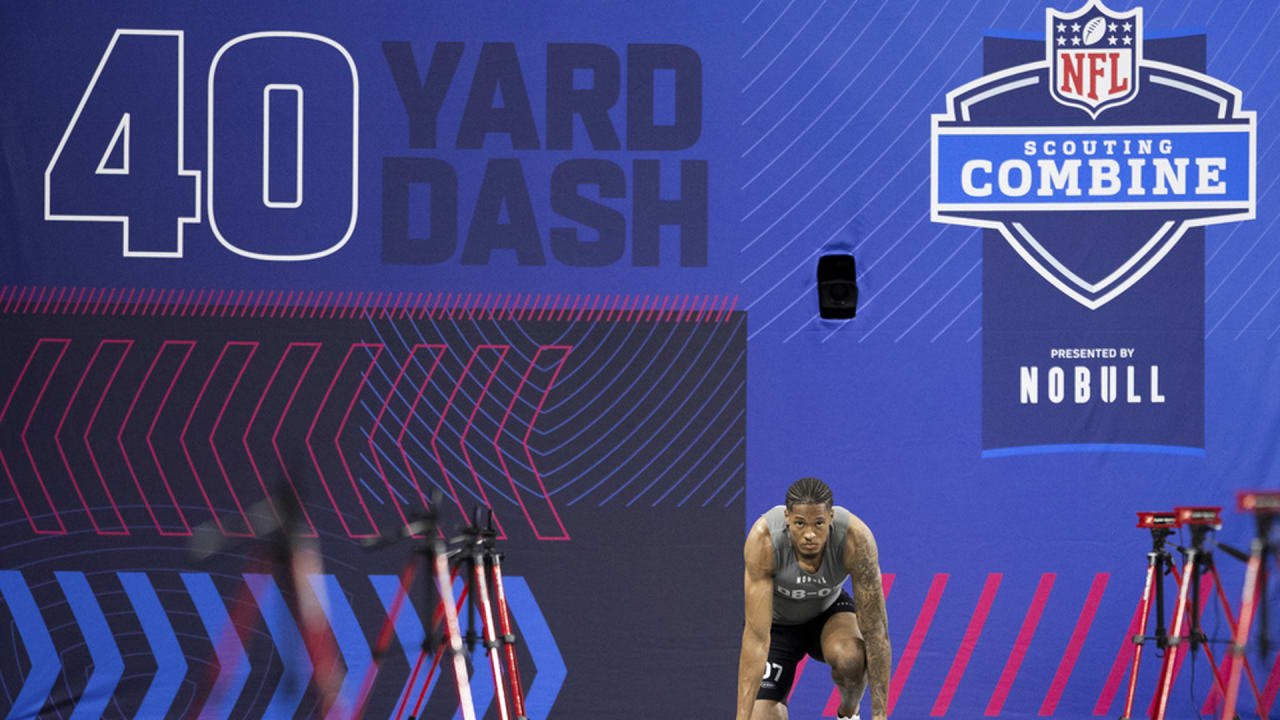Lionel Messi completed what many experts call the best individual season in Major League Soccer history, yet his presence has had limited impact on the league’s broader popularity in the United States.
The Argentine superstar, now in the later stage of his career, won the MLS Golden Boot and tied for most assists despite missing nearly a quarter of the season. He also set records for non-penalty goals and goal contributions, surpassing previous bests by players such as Carlos Vela and Denis Bouanga. Advanced metrics show Messi added twice as much value over the average MLS player, cementing his historic campaign.
Even so, the wider American audience has remained largely indifferent. Casual sports fans rarely track MLS, and many only encounter Messi’s highlights through algorithms or social media clips. His extraordinary performance has not yet translated into a major cultural moment in U.S. sports.
MLS supporters acknowledge Messi’s greatness, but some feel resentment over the imbalance his arrival created. Inter Miami reportedly spent more than double the average team wage to assemble a lineup including former Barcelona stars, upsetting the league’s competitive balance. Meanwhile, smaller MLS fan bases continue to navigate budget constraints and content changes, such as the replacement of fan podcasts with automated reporting tools.
Attendance figures reflect this mixed reception. While MLS total weekly viewership increased 29% in 2025, much of this growth is attributed to streaming deals and expanded international coverage rather than genuine domestic engagement. Average regular season attendance dropped 5.5% compared with the previous year.
Search trends in the United States show Messi still trails Cristiano Ronaldo, who plays in Saudi Arabia, and even WNBA star Caitlin Clark in domestic recognition. League commissioner Don Garber acknowledged viewership growth but admitted it “wasn’t where we need to be.” Even revenue-sharing deals linked to Messi’s streaming contract appear to underperform, prompting MLS to make playoff games free on Apple TV.
Media efforts to raise Messi’s profile, such as the docuseries Messi Meets America, have garnered modest engagement, far below expectations for a global icon. Popular shows like Ted Lasso and Welcome to Wrexham have generated far more reviews and public discussion, highlighting MLS’s struggle to enter mainstream U.S. consciousness.
Experts note that the lack of a compelling narrative hampers Messi’s influence. He plays in what critics label a “retirement league,” meaning his success is often viewed as inevitable. Even when Inter Miami struggles, finishing third in the Eastern Conference, there is little narrative tension to capture broader interest. Fans experience weekly highlights of extraordinary goals but without meaningful context or storylines.
Some analysts suggest the MLS playoffs or upcoming events like the 2026 World Cup may provide renewed attention, offering Messi a chance to demonstrate his enduring skill on larger stages. Yet for now, his record-breaking season in Miami seems more like a historical footnote than a transformative moment for U.S. soccer.
While Messi has set new standards for performance in MLS, converting individual brilliance into lasting league-wide popularity remains a major challenge. The Argentine’s achievements highlight the gap between international superstardom and domestic cultural impact in American sports.







